
Unburnable Wealth of Nations
Successful action to address climate change would diminish the value of fossil fuel resources in many of the world’s poorest countries
Read or listen offline
Amazon KindleRecommendation
The effects of climate change hurt developing countries disproportionately – but so do the policies that seek to curb the rise in global temperatures. Developing countries that rely on their fossil fuel wealth will suffer badly. In this article from the International Monetary Fund’s Finance and Development magazine, three economists from the World Bank and the United Kingdom’s Natural Resource Governance Institute shed light on a rarely discussed consequence of successful climate change action. getAbstract recommends their analysis to development experts and policy makers.
Summary
About the Authors
James Cust works in the World Bank’s Office of the Chief Economist for Africa. David Manley is a senior economic analyst and Giorgia Cecchinato a data associate at the United Kingdom’s Natural Resource Governance Institute.










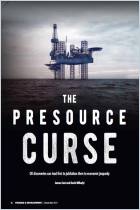
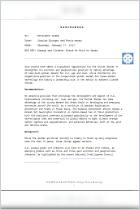
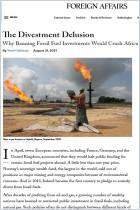
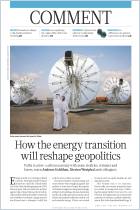
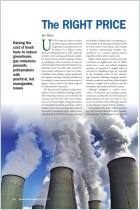
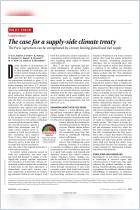
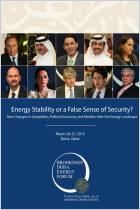







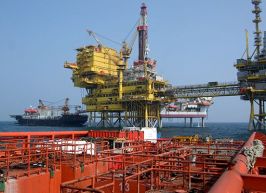


Comment on this summary